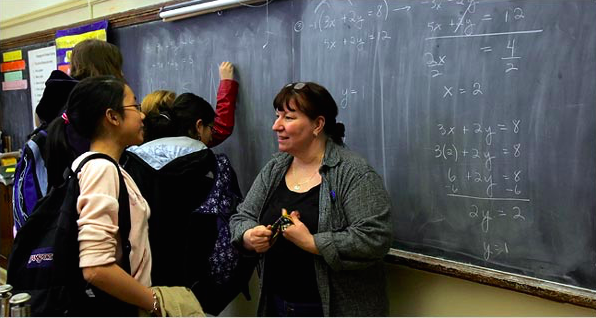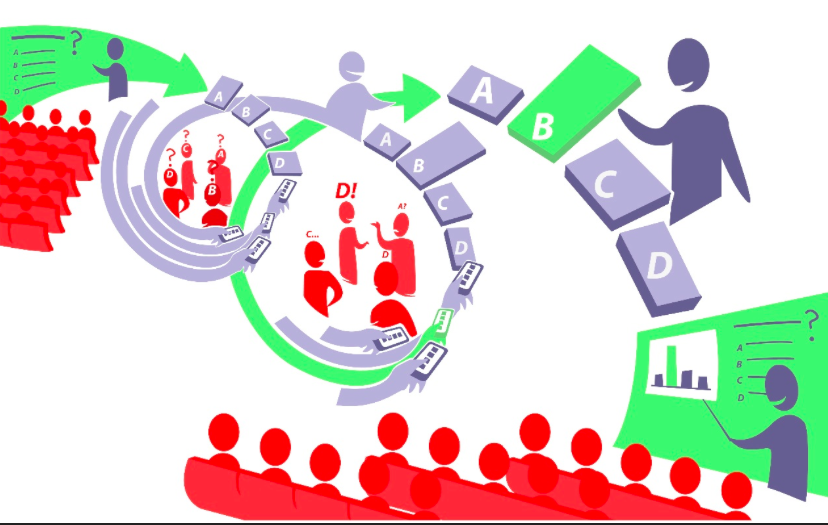Does Your School or Program Really Value Relationships? Six Questions to Ask…
By: Kent Pekel, Ed.D. President, Search Institute. Post from Search Institute blog
As I visit schools, youth programs, and community coalitions across the country to discuss Search Institute’s new research on developmental relationships, I have not met a single person who thinks relationships are unimportant. The people I talk with are invariably interested and sometimes downright excited to learn that our studies are finding that when young people experience developmental relationships in their lives, they are much more likely to develop key character skills such as the capacity to achieve goals and to get along well with others. But while those conversations about our new work are encouraging, they also suggest that there is a wide gap between the importance that individuals and organizations place on relationships with young people. Individuals almost universally say they deeply value relationships, but the organizations they work for often don’t treat relationships as a top priority.
‘But Relationships Are What We Do’
My guess is that many of you reading this believe that my observation doesn’t apply to your organization. You may be thinking, Relationships are what we do, and we talk about that all the time. So I should clarify. I do not mean to suggest that the leaders of schools and youth programs don’t want to connect young people with caring adults. Rather, I think that those leaders often assume that great relationships will be the inevitable result of the many other good things their organizations do for young people.
I understand that perspective because, in retrospect, it is how I saw relationships when I worked as an administrator in both K-12 and higher education systems. I knew that relationships were critical, but I believed that they would happen naturally if we got the curriculum, budget, staffing, and other factors right.
Questions with Big Implications
I learned over time, however, that doing those things well does not necessarily lead to great relationships. For that to happen, we must be as intentional about building relationships as we are about the other things we do to achieve our missions. With that idea in mind, here are six questions to help you think about your school or program’s approach to relationships:
1. Time: Are there regular periods of time in young people’s schedules that are explicitly dedicated to building relationships with staff? If so, how effectively do all staff use this time?
2. People: Is the capacity to build positive relationships with young people a factor in who you hire and how you evaluate job performance?
3. Budget: Have you ever made a decision to allocate resources to building relationships rather than to another priority?
4. Training: Have you ever had a meeting or training session where the primary subject on the agenda was the quality of relationships that your staff builds with young people?
5. Feedback: Do you have an organized way to collect survey data or other types of information on how young people experience relationships in your school or program?
6. Definition: Has your organization defined what it means to be in a relationship with a young person in clear and actionable ways? For example, Search Institute’s new Developmental Relationships Framework identifies five essential actions that make a relationship truly developmental. They are: expressing care, challenging growth, providing support, sharing power, and expanding possibilities.
Despite the gap I’ve observed between how individuals and organizations value relationships, over the course of my career I have also visited and worked with many schools and youth programs that could answer all six of the questions listed above with a resounding yes. Search Institute is now working to identify and learn from those types of schools and programs across the United States and around the world. If your organization places a high priority on strengthening relationships with young people, we would love to hear about that in the comments below—or you can connect with me directly at kpekel@search-institute.org.














